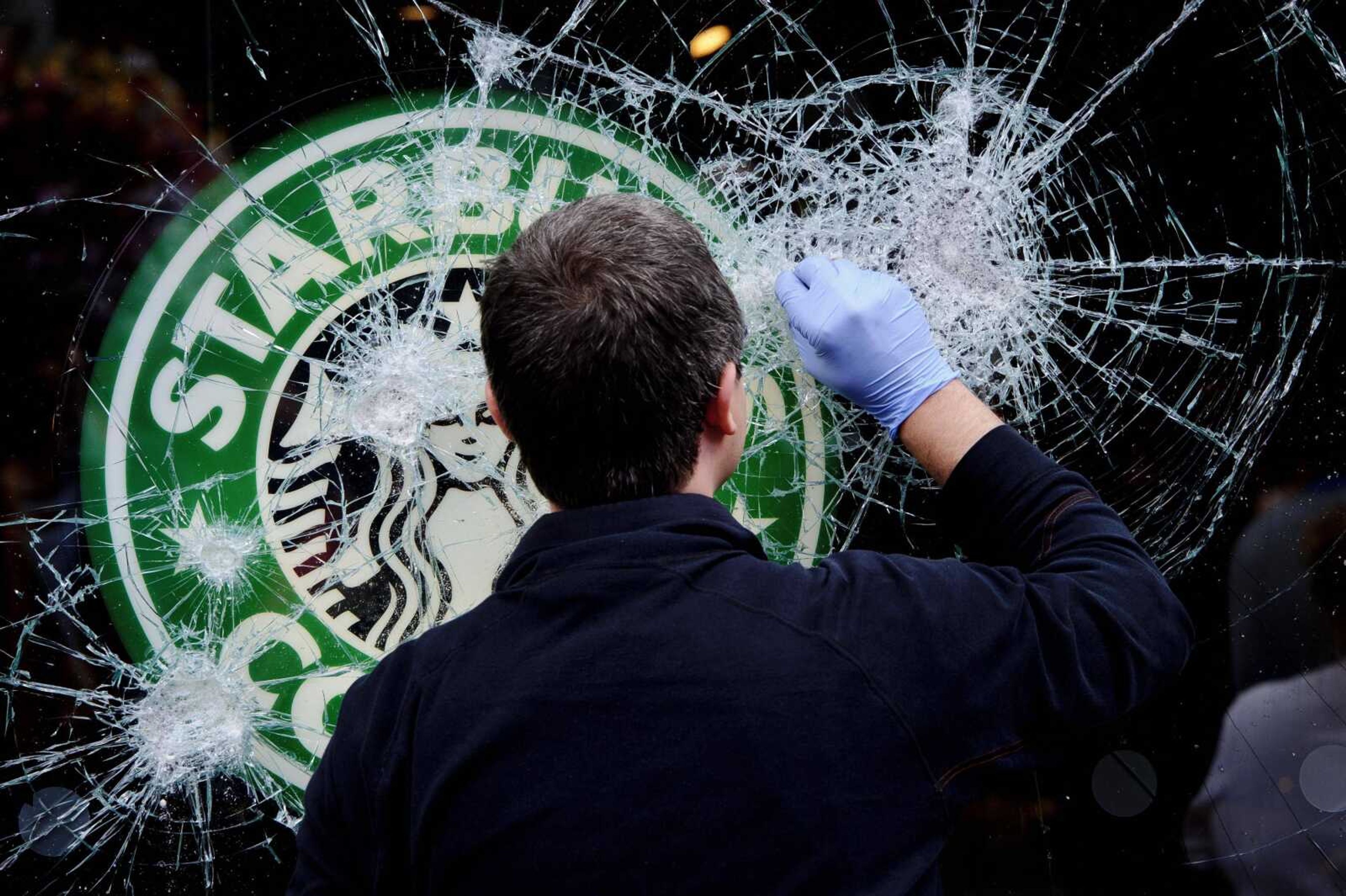LONDON -- London began nearly tripling the number of police on its streets Tuesday to try to end Britain's worst rioting in a generation -- three nights of looting and burning by poor, diverse and brazen crowds of young people. Meanwhile, however, the chaos spread to at least one more major city.
Scenes of ransacked stores, torched cars and blackened buildings frightened and outraged Britons just a year before London is to host the Olympics. London's Metropolitan Police force said Tuesday it would flood the streets with 16,000 officers over the next 24 hours, but acknowledged they could not guarantee an end to the violence.
"We have lots of information to suggest that there may be similar disturbances tonight," Cmdr. Simon Foy told the BBC. "That's exactly the reason why the Met [police force] has chosen to now actually really -- up the game' and put a significant number of officers on the streets."
The riots started Saturday with a protest over a police shooting in London's Tottenham neighborhood, but have morphed into a general lawlessness in London and several other cities that police have struggled to halt with ordinary tactics. While the rioters have run off with sneakers, bikes, electronics and leather goods, they also have torched stores apparently just for the fun of seeing something burn.
Rioters, able to move quickly and regroup to avoid the police, were left unchallenged in several neighborhoods, plundering stores at will.
Police in Britain generally avoid tear gas, water cannons or other strong-arm riot measures, but they said they were considering the use of plastic bullets -- blunt-nosed projectiles designed to deal punishing blows to rioters without penetrating the skin. Such weapons, formally called baton rounds, still are used to quell riots in Northern Ireland but have never been used by police in Britain itself.
Parliament recalled
Prime Minister David Cameron -- who cut short a holiday in Italy to deal with the crisis -- recalled Parliament from its summer recess for an emergency debate on the riots and looting. He described the scenes of burning buildings and smashed windows as "sickening," but refrained from tougher measures such as calling in the military to help police restore order.
Parliament will return to duty Thursday, as the political fallout from the rampage takes hold.
The crisis is a major test for Cameron's Conservative-led coalition government.
Connect with the Southeast Missourian Newsroom:
For corrections to this story or other insights for the editor, click here. To submit a letter to the editor, click here. To learn about the Southeast Missourian’s AI Policy, click here.







